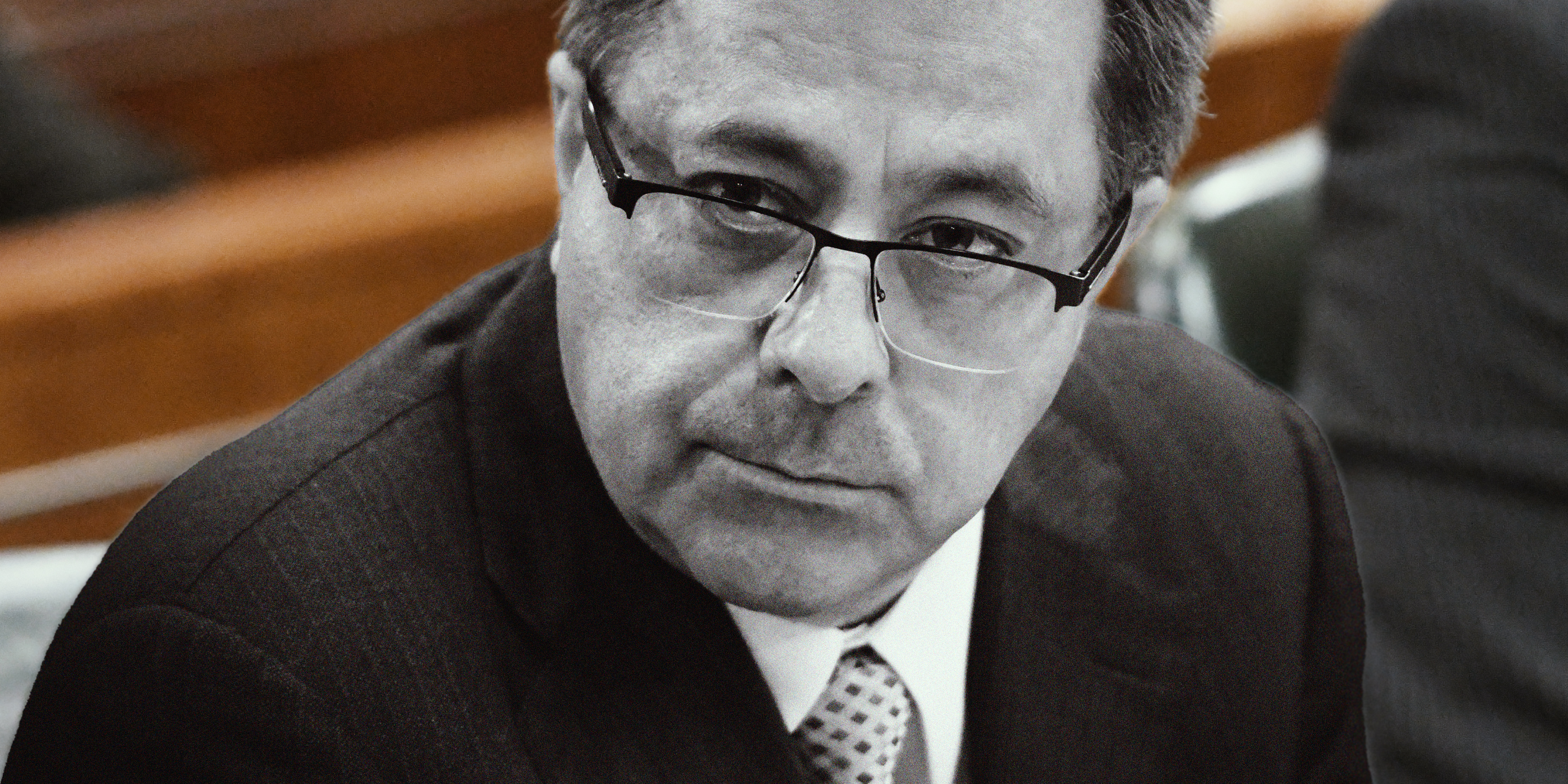Former Steinhoff CEO Markus Jooste’s death by suicide was shocking and leaves one with conflicting emotions. We are fragile little leaves, we humans. Many people, I suspect, think suicide is a cowardly way of avoiding taking responsibility for all the harm you caused. There is certainly something to that. But there is also a kind of feeble bravery in it; it’s the last resort in an attempt to spare yourself (and perhaps those you love) the indignity of what is to come. It leaves everyone a bit confused and a lot traumatised.
It’s a horrible end, but — there is no escaping this — Jooste’s was perhaps somewhat deserved. Sometimes suicide is thought of in general terms but of course, it’s a complex issue. Suicide stemming from depression is very different from suicide as a result of being discovered to have been a crook and bringing shame on yourself, your family, your colleagues and your businesses. For this, Jooste is the prime culprit.
But I wonder how much those around him are culpable too; not only his associates and his co-conspirators, but all the other struts and beams in the construction of our society that are supposed to guard against financial fraud and such moral decrepitude. Jooste failed us, that much is obvious, but to what extent did we fail him? Or is that just all too convoluted and labyrinthine?
You could ask the question a different way: why do people commit financial crimes? The answer to that is well researched. People commit financial crimes because they have the motivation, the opportunity and the ability to rationalise what they do.
Financial crime has an incremental aspect. In Jooste’s case, some financial analysts were concerned about the probity of Steinhoff’s accounts from early on. The concerns flared up quickly but also died down quickly. It’s an open question why those concerns were never taken seriously, and it’s at this point that you might argue that there is an element of shared blame in the arc of Jooste’s demise. Having escaped this hiccup, Jooste might have thought he could take it a step further.
And I hate to say this, but if that’s true, financial journalism is also in the spotlight here.
Financial crimes take place if potential criminals believe that the rewards are achievable and large, the chances of detection are low and the punishment is light.
If they think the chances of detection are high and the punishment is severe, then the risk of them committing financial crime are lower.
An additional aspect is that you have to be able to rationalise the criminal activity to yourself at the very least, but presumably also to your friends and family. What that looks like, psychologically and personally, truly defeats me. Do you think, well, it’s just a temporary thing and once the business conditions have improved, it will pull itself right? Or do you think, I have to do this, or my whole organisation is at risk? Or do you just not feel a sense of wrong in the way that most people do? Or do you so badly need the respect brought by wealth and success that it outweighs the guilt for initiating those “smallanyana skeletons”?
In Jooste’s case, there were red flags: his obsession with horse racing and the way he presented his wealth. Please don’t get me wrong: I love horse racing. But it can entail some flaunty hobnobbing at the high end of society and like gambling elsewhere, a sense that winning is an exercise in beating the odds and accepting the risk of chance. The same applies to owning more cars than you can drive.
There is an institutional problem in South Africa concerning the weak system of internal controls and poor financial security measures. Obvs. When Schabir Shaik is found guilty of corruption and sentenced to 15 years’ imprisonment and yet is on the golf course a couple of years later, it suggests a society that is not serious about commercial crime.
South Africa is beginning to try to rectify the problem, exemplified by the fact that the Hawks were about to pounce in the Jooste case and that the Financial Sector Conduct Authority just had. (So had a German court, by the way). But it’s equally obvious that this has taken eight years for the pouncing process to get under way.
In the final analysis, Markus Jooste exploited obvious weaknesses in SA’s financial and legal systems but was hoist with his own petard. The demise of Steinhoff followed from the analysis of a foreign short seller and then that of a European accounting firm which came about as part of his vaunted ambition and overconfidence. He was ultimately brought down by the gradually tightening noose in his home country. There are concerns and consolations in that duality. DM





